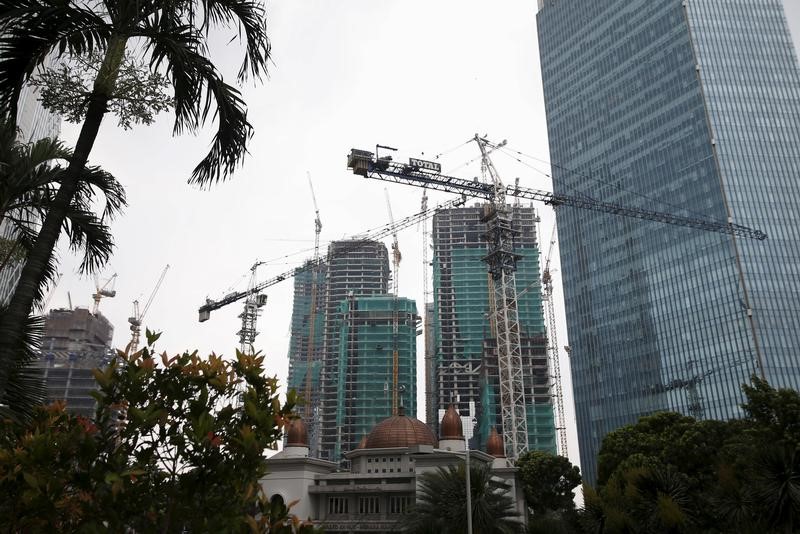(Bloomberg) -- The Indonesian president’s push to boost domestic petrochemical production has helped send shares of the nation’s largest plastic producer up 200%, making it this year’s top performer in the market.
The surge in conglomerate PT Barito Pacific compares with a 0.8% gain for the benchmark Jakarta Composite Index. The company, which produces everything from energy to petrochemicals, is also the best performer among 155 members in the MSCI Asean Index.
A growing middle class and urbanization have been driving the demand for plastic products in Indonesia. The strong appetite contributed to a deficit of 193 trillion rupiah ($13.8 billion) in petrochemicals in Southeast Asia’s largest economy, which worsened the current-account deficit, said President Joko Widodo, who set a target to end imports of the material in the next three to four years.
Widodo, known by the nickname Jokowi, has pledged to support petrochemicals’ capacity upgrade as the the country aims to narrow the gap in current-account balance, which stood at 2.7% of gross domestic product in the third quarter. Indonesia’s annual production capacity of polyethylene, a raw material for bottles and plastic bags, can only meet a third of its domestic demand of 2.3 million tons, Jokowi said in a speech.
Barito, originally a timber company founded by tycoon Prajogo Pangestu in 1979, will benefit from such a push as it is the biggest petrochemical player in the nation. Its unit, PT Chandra Asri Petrochemical, jumped 68% this year to a record high.
To be sure, the usage of plastics has come under global scrutiny in a bid to protect the environment. The United Nations Environment Programme estimates about 300 million tons of such waste is produced annually and has initiated initiatives to reduce single-use of plastic products, introducing levies or banning certain products outright.
Yet investors are bolstered by the resilient consumer sector in Indonesia amid global trade tensions. Official data showed household consumption, which accounts for 56% of the economy, has been growing more than 5% over the last three quarters, a similar pace as last year. That is adding to confidence that demand for plastics will drive consumption of 7.2 million tons of raw materials annually, according to official data.
“Petrochemical demand has high correlation with GDP or consumption growth,” said Lee Young Jun at PT Mirae Asset Sekuritas. An improvement in profitability and expectations that additional capacity built from 2020 to 2025 will provide better growth drove the gains in Barito and Chandra Asri shares, according to the Jakarta-based analyst.
